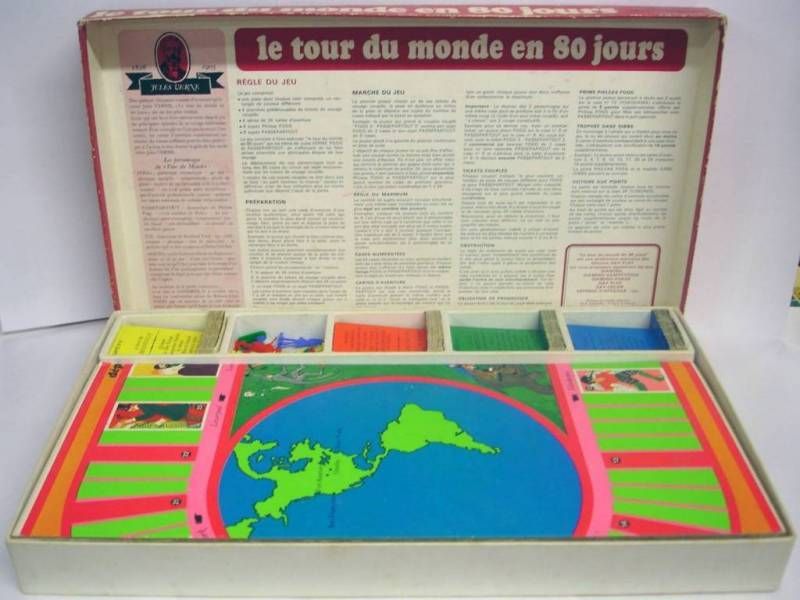

He talked very little, and seemed all the more mysterious for his taciturn manner. Warmer summers meant better crops and a rise in population in the countries of northern Europe.At the same time melting polar ice caused more flooding in low areas, particularly in what is now Denmark, Holland and Belgium. It is a time of war, of the breaking up of Roman Britannia into several separate kingdoms, of religious conversion and, after the 790s, of continual battles against a new set of invaders: the Vikings.Climate change had an influence on the movement of these new invaders to Britain: in the centuries after 400 AD Europe's average temperature was 1☌ warmer than we have today, and in Britain grapes could be grown as far north as Tyneside. Anglo-Saxons: a brief history This period is traditionally known as the Dark Ages, mainly because written sources for the early years of Saxon invasion are scarce.

Celtic river-names are found in great numbers around the upper reaches of the Danube and Rhine, which led many Celtic scholars to place the ethnogenesis of the Celts in this area.

The Hallstatt culture was succeeded by the La Tène culture of central Europe, and during the final stages of the Iron Age gradually transformed into the explicitly Celtic culture of early historical times. Over the centuries they developed into the separate Celtiberian, Goidelic and Brythonic languages. The spread of the Celtic languages to Iberia, Ireland and Britain would have occurred during the first half of the 1st millennium BCE, the earliest chariot burials in Britain dating to c. Proto-Celtic, the latest common ancestor of all known Celtic languages, is considered by this school of thought to have been spoken at the time of the late Urnfield or early Hallstatt cultures, in the early first millennium BCE. The spread of iron-working led to the development of the Hallstatt culture directly from the Urnfield (c. The Greek historian Ephoros of Cyme in Asia Minor, writing in the fourth century BCE, believed that the Celts came from the islands off the mouth of the Rhine who were "driven from their homes by the frequency of wars and the violent rising of the sea". The Urnfield period saw a dramatic increase in population in the region, probably due to innovations in technology and agricultural practices. 1200 BCE until 700 BCE, itself following the Unetice and Tumulus cultures. This culture was preeminent in central Europe during the late Bronze Age, from c. Some scholars think that the Urnfield culture of northern Germany and the Netherlands represents an origin for the Celts as a distinct cultural branch of the Indo-European family. By the time speakers of Celtic languages enter history around 400 BCE (Brennus's attack on Rome in 387 BCE), they were already split into several language groups, and spread over much of Central Europe, the Iberian peninsula, Ireland and Britain. The Celtic languages form a branch of the larger Indo-European family. By the later Iron Age (La Tèneperiod), Celts had expanded over a wide range of lands: as far west as Ireland and the Iberian Peninsula, as far east as Galatia (central Anatolia), and as far north as Scotland. Proto-Celtic culture formed in the Early Iron Age in Central Europe (Hallstatt period, named for the site in present-day Austria).
AROUND THE WORLD IN 80 DAYS PLAY SERIES
Last year, the last 11 seasons of the series arrived on HBO Max and were heralded by Tennant, Matt Smith and the current Time Lord, Jodie Whittaker, gathering for an online panel.The historical Celts were a diverse group of tribal societies in Iron Age Europe. He is also well-known for playing the lead character on Doctor Who. In 2019, Tennant starred in Good Omens for Amazon Prime Video (a second season is in the works). He’s accompanied on his journey by his new valet Jean Passepartout and Abigail, a journalist for the Daily Telegraph. The story centers on an adventurer named Fogg who places a £20,000 wager against the members of the Reform Club that he can circumnavigate the world in only eighty days. The eight-episode series, which also stars Ibrahim Koma, premieres Sunday, January 2nd, 2022. The clip teases the epic story, based on the novel of the same name by Jules Verne, and showcases Tennant’s Phileas Fogg alongside his companion Abigail Fix, played by Leonie Benesch. David Tennant stars in a new trailer for Masterpiece PBS series Around the World in 80 Days.


 0 kommentar(er)
0 kommentar(er)
